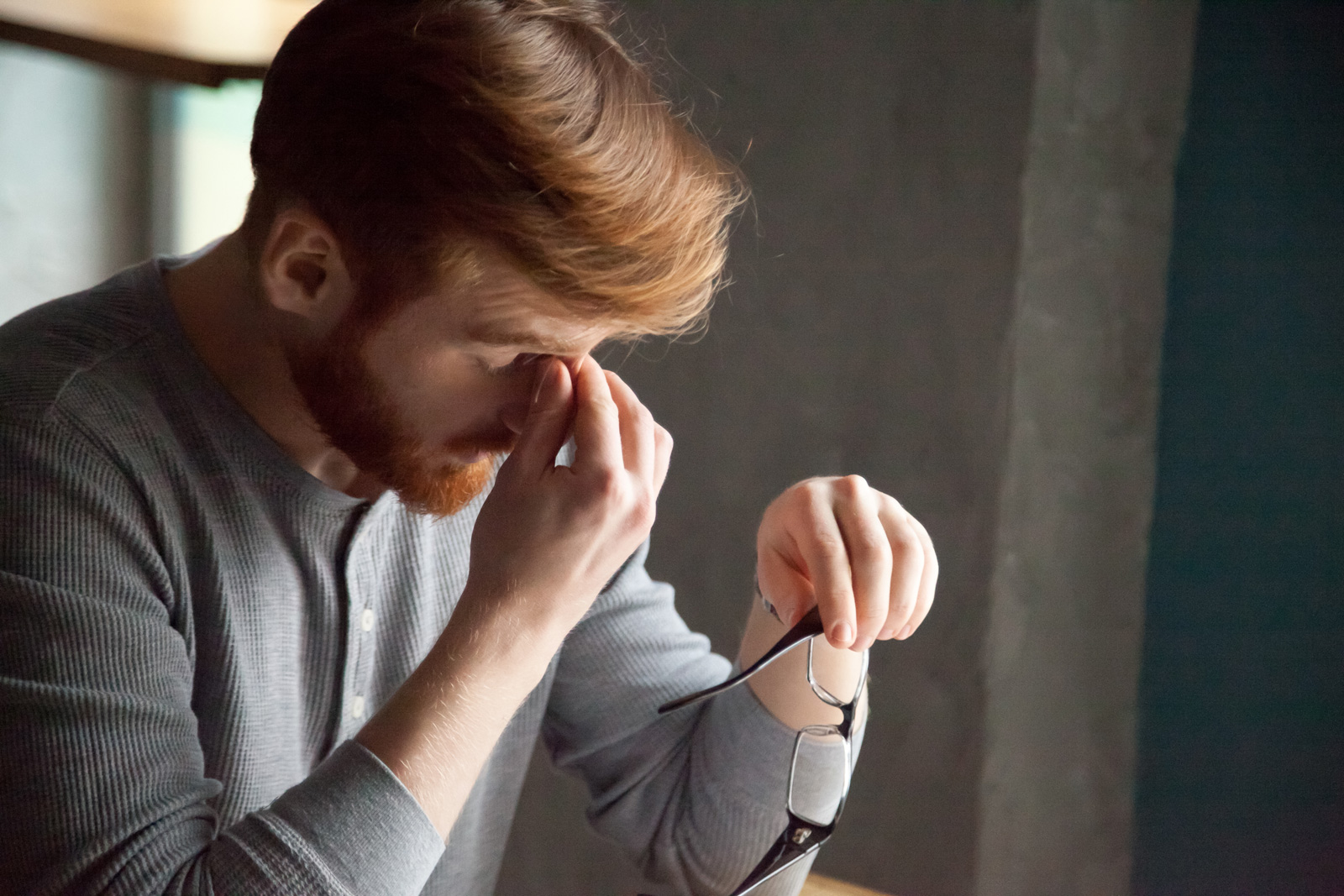What is a flare-up?
A flare-up is an increase in our ME/CFS symptoms, which can include fatigue, generalised pain and brain fog, as well as many others.
If the flare-up coincides with an onset of a new/different symptom, it may be helpful to speak to our team or your GP to ensure that it is ME/CFS related.

We know that most people with ME/CFS are likely to experience flare-ups in their condition. You may be able to identify why this has occurred, for instance after a bout of illness, stress and poor sleep, or, you may not be able to identify any particular trigger.
Identifying triggers may help you prevent similar things in the future when it is a controllable event, such as staying-up late to watch a TV programme. However, most events aren’t controllable and life can (frequently!) throw us challenges we didn’t choose or want.
Thankfully, the most important factor in recovering from a flare-up is how we manage it in the present moment. Overtime, we may begin to see that we do have a choice in this moment, no matter what our thoughts may be telling us.
If we experience a flare-up, it is understandable that we may feel anxious, despair, or a whole host of similar emotions. After all, who would want it to happen? However understandable and automatic these instinctive and aversive feelings may be, they often only get us more stuck, just as if we were trying to fight our way out of quick sand.
If we can learn to see these aversive thoughts and feelings early, through the practise of mindfulness, we can create a ‘choice point’ where we intentionally use alternative skills, such as self-compassion, unhooking from thoughts, pacing and soothe activities. In doing so, we sow the seeds for the flare-up to flare-down, when it is ready, without forcing or fighting.
We often liken these scenarios to being like a glass of muddy water. The mud (representing our fatigue, pain, stress and aversive thoughts) clouds the clear water (our wellbeing). If we grab at the mud we keep the water agitated and the mud in suspension. In reality, if we wanted to separate the two, we would watch, wait and let the process take care of its self. The mud would eventually sink to the bottom and the clear water would rise to the top, without any effort.
The challenge of flare-ups is that at the point where we need our self-compassion, mindfulness and creative thinking skills the most, they often feel the hardest. This too is totally normal and a common experience, but it doesn’t mean there is no help here either.
If we plan for a flare-up while we are relatively well, our thinking is likely to be more creative and helpful. Making a plan, whether that be a simple list, a letter to our self (as if we were writing to a friend) or even drawings will mean that some of this creative thinking is done ahead of time and we simply need to commit to those helpful action points, as best we can.
In time and with continued practise, the parts of our brains that are creative, compassionate and are mindfully aware, start to physically grow, thicken and develop a better blood supply. Self-compassion and mindfulness are like weight-lifting exercises for the brain! Science has proven that we can use our minds to structurally re-shape our brains and nervous system through a process known as neuroplasticity.
Once we learn that we can live well, stay aligned with our values (even if the recipe has to be a bit different at the moment), we are not our fatigue & pain and that we have a reliable set of ever strengthening skills that can help us stay-centred and live well, we no longer have to fear flare-ups. We may even ‘see them as opportunities to learn and grow’ as many mindfulness teachers and students have found over time.